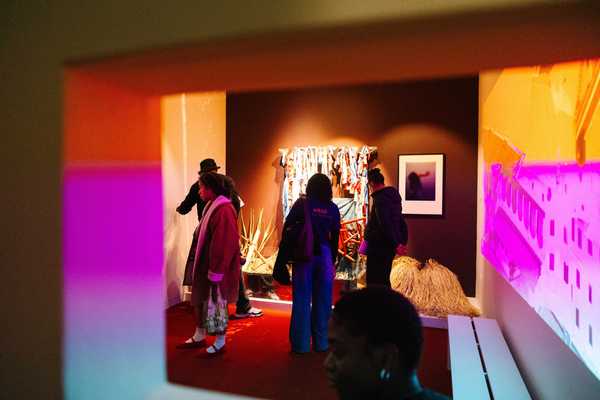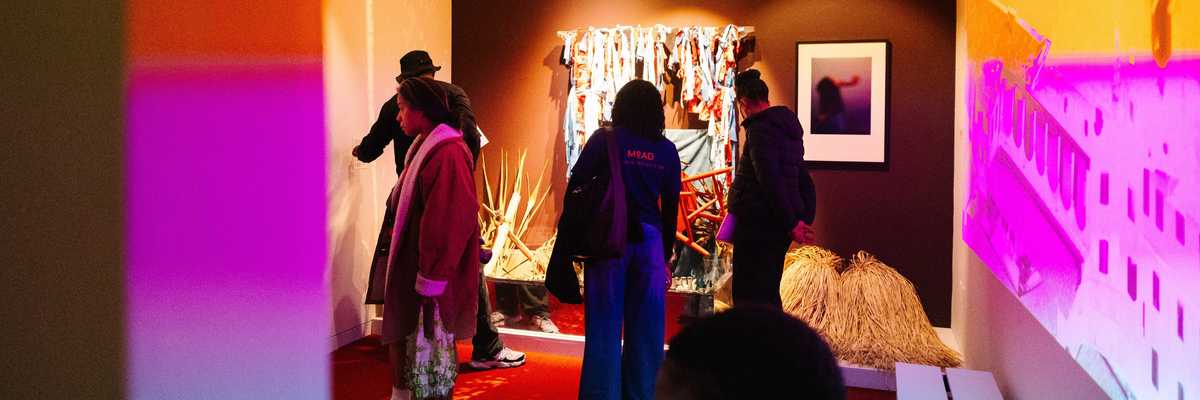Entrepreneurs are using technology to change virtually every aspect of how we do business these days, and that includes inventing new kinds of non-profit organizations (NPO).
San Francisco-based Samasource is a good example of an innovative NPO that challenges stereotypes about how to do good in the world on a number of levels.
The company’s dynamic founder-CEO, Leila Janah, launched Samasource in the fall of 2008 to fight poverty among women in Third World countries. “I wanted to connect up people living in poverty with new work via the Internet,” she explains.
“Traveling to poor parts of the world, especially in Africa, it just didn’t make sense to me that they would have to remain poor. People said it was due to corruption, or resource constraints, but that’s just not true.
"I started uncovering the real reason, which is poorly functioning labor markets and markets in general. The causes of poverty are manifold, but people all agreed on the solution, which is job creation.”
What Janah recognized was a new category of small digital tasks, which she calls “microwork,” that can be outsourced to women in poor regions who are trained to do them well on inexpensive computers.
Those who pay the women for these tasks are among the richest companies in the world, including Google, LinkedIn, and Intuit.
So far, Samasource has trained 2,100 women and youths in India, Pakistan,
Haiti, Uganda, South Africa, and Kenya at 16 separate delivery centers that they’ve established. The centers feature low‐cost computers and Internet access, and SamaHub, its free work platform.
“Outsourcing is a one trillion dollar industry,” notes Janah. “We train these women and then we bring them work. We are serving an entirely new demographic. These are people who would not get employed otherwise. They were earning less than $3 per day before Samasource. They are all from rural areas or from the slums.”
Most workers can double their income within two or three months, which at the very bottom of the global poverty pyramid, is huge. Samasource estimates that the 2,100 workers they have trained are supporting other family members, mainly children, which translates into roughly 10,000 people who benefit from the service so far.
The work they are performing is in some ways the grunt work of the digital era, work few people in advanced countries wish to perform, such as cleaning up and standardizing data, tagging, adding metadata, etc.
But for their clientele, it's a way up and out of poverty, and a way into the global economy.
Samasource was recently awarded a $1.5 million grant by Google.org, and also was recognized as winner of the "2012 Secretary’s Innovation Award for the Empowerment of Women and Girls" by Secretary of State Hillary Clinton, which entailed a $500,000 special prize.




















